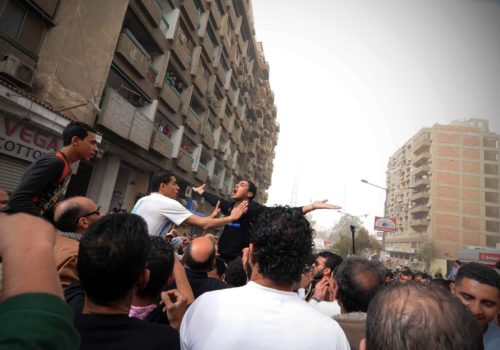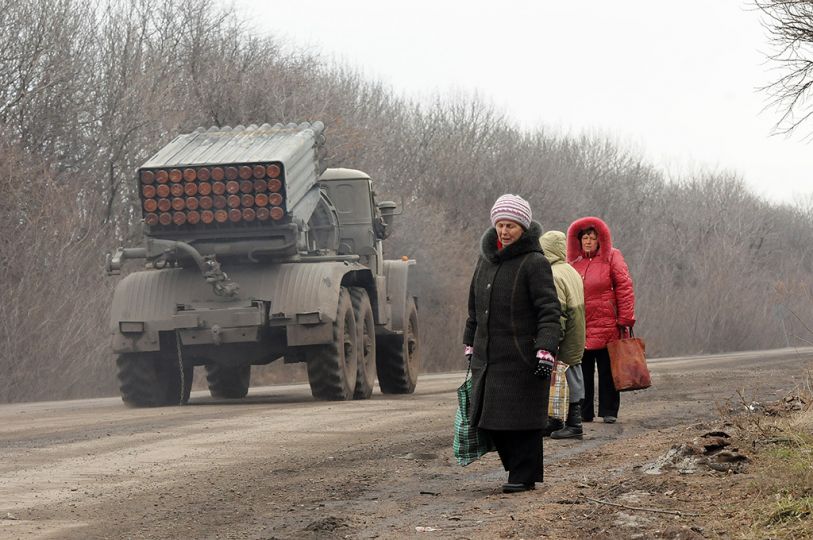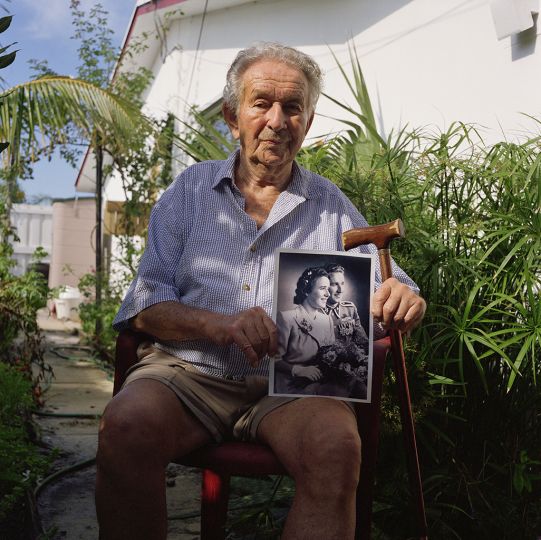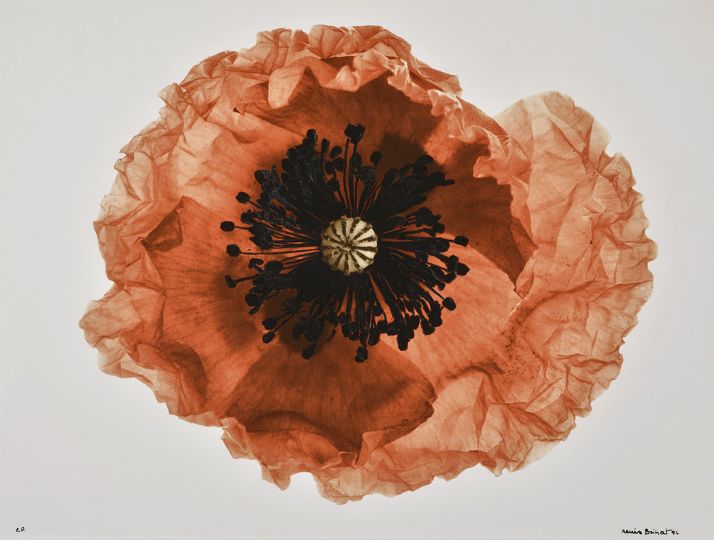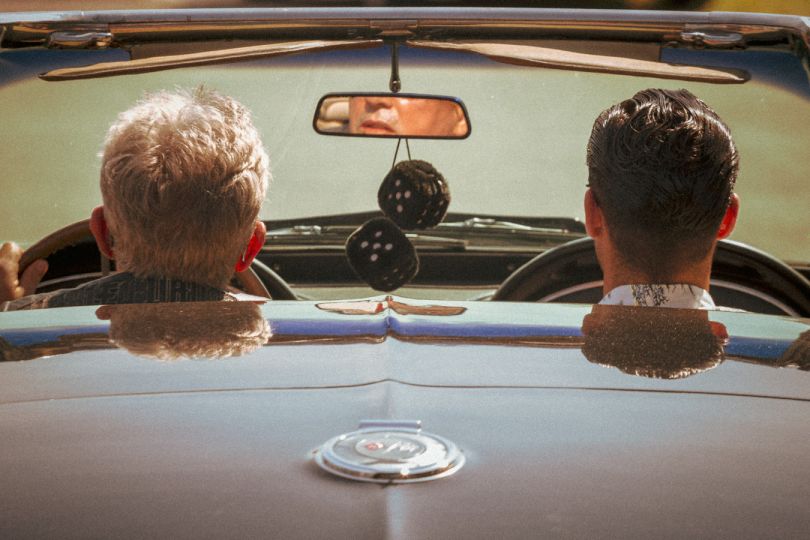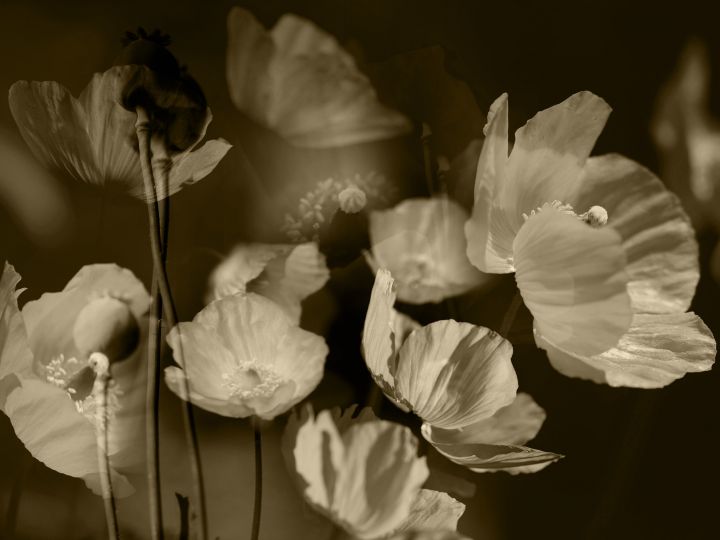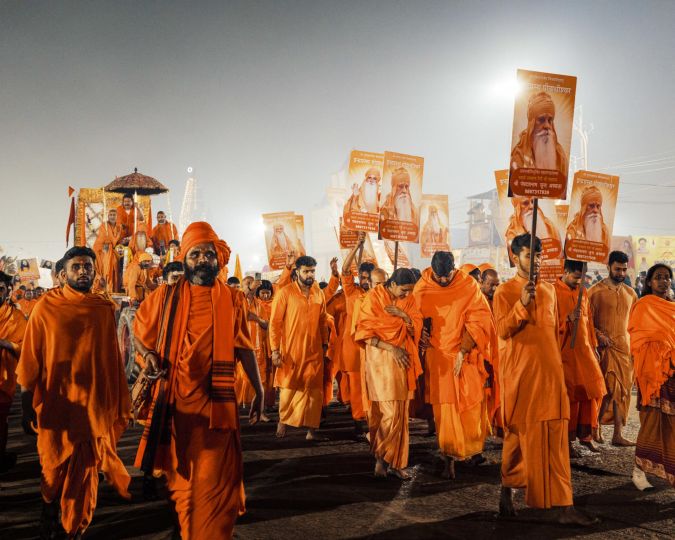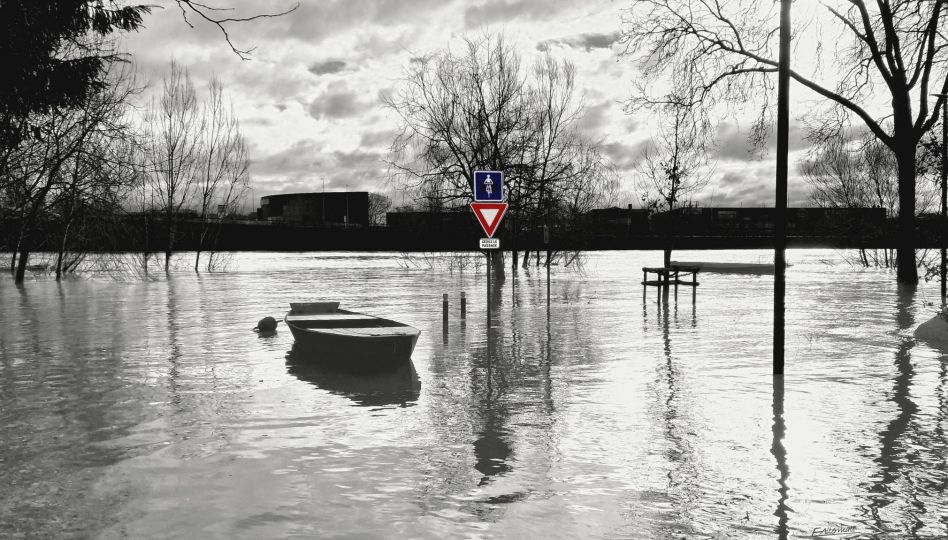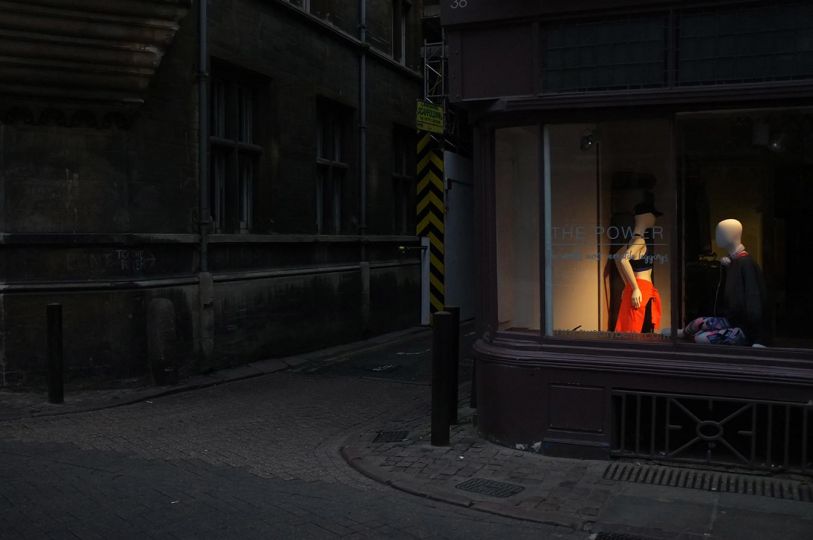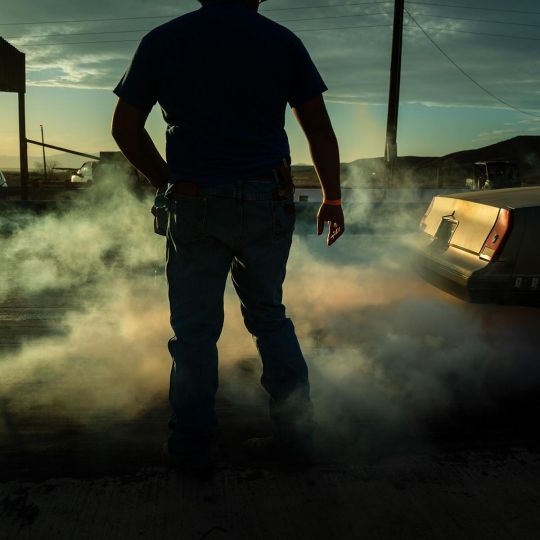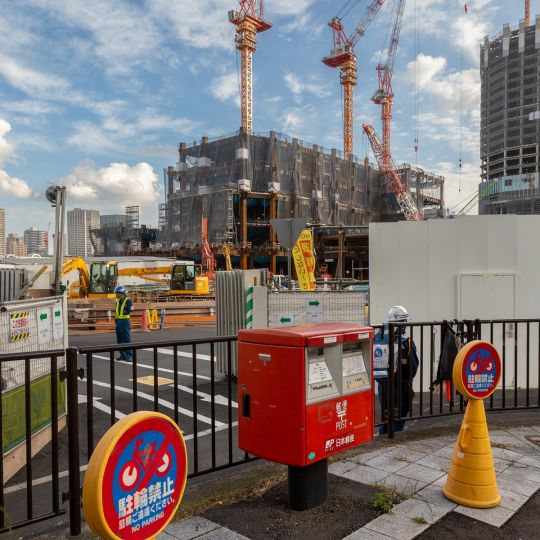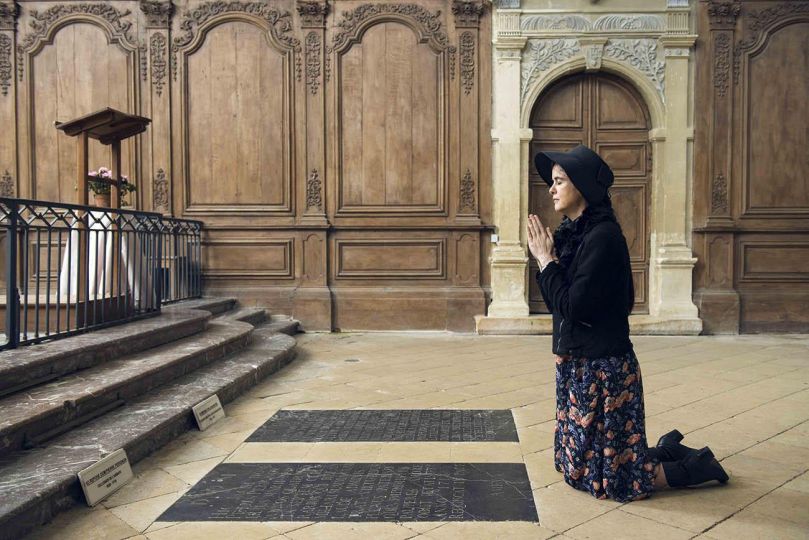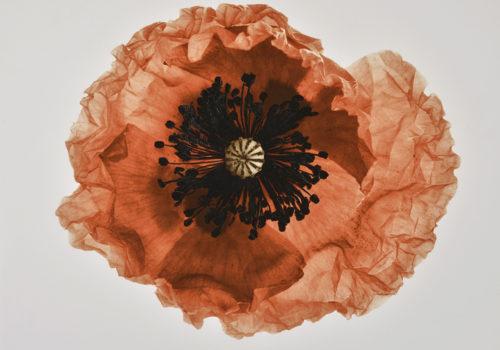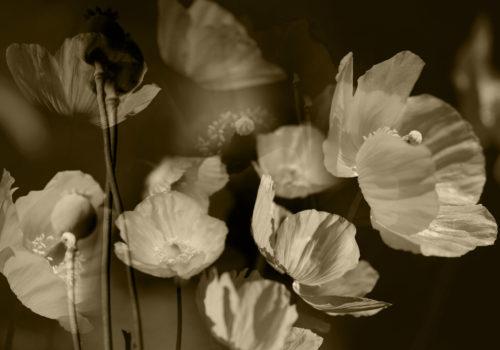Working as a photojournalist in the Muslim world is no easy task. From the well-known cases of Western journalists being attacked during the so-called Arab spring in Egypt, to the numerous correspondents killed in Syria and Libya, the work of these professionals is becoming more and more dangerous. As it is true that the press is under constant attack from governments or institutions, the same is true for its members, it is even more true today as each one who deals with journalists on the field has a clear understanding of its power and what it can do to either help or hurt a revolution, a war, or political change. In retrospect a war photographer in Viet Nam enjoyed a constant access to military affairs and operations, henceforth negating the US government’s efforts to control censorship. Carron or Burrows only had to convince the helicopter pilot to take them along for a mission to shoot combat. This laissez faire cost many their lives. Indeed, many photos taken by professionals on the ground, which in time became world famous, have contributed in the political defeat of the US government in South East Asia. The photo of the young Viet Namese naked girl running scared after a napalm attack, became the symbol of the horror of war and showed a darker side of the US led bombing campaign. Of course, as much human suffering seem hardly fair, injustice in war is as old as war itself, and the people who saw this photograph and became anti-war activists, were naïve.
The Western press and its pseudo intellectuals like to give names to events like historians do. Of course journalists are not historians, they are just witness and argue on present events. They named the Arab spring in order to give it a taint of the freedom to come for the hundreds of millions of Muslims living under tough dictatorship. Suddenly, the readers and TV watchers in the developed world saw new hope coming from within the Arab world, which should any day now become a land full of democratic states ready to do business with European and American capitalists. The press now becomes a sort of messianic entity that tries to stir revolution into what they think might be the right direction: freedom for all and for all times. This sad miscalculation and the lack of understanding of history in these ancients lands, destroys further the international press’s ability to be respected in the mid east. In another word, journalists have forgotten their true job on purely reporting the news and not creating it by exaggerating its content and potential outcome. One needs to keep in mind that not all events have the same value and need to be understood contextually. A small riot of a few hundred protestors in Egypt does not explain the numerous problems Egypt is going through. Again it fails to show a greater picture of a changing nation Furthermore, the long term here matters, not the riot itself. What will become of Egypt and other Arab nation currently under stress? Will they become friends of the West, or totally repulse our way of life and hardened themselves?
For all these reasons, the Western press is disliked in many parts of the world. For the courageous and professional journalists out there working in the field, it has become an even more difficult task. Many locals mistrust us; some see us as enemies, while others as bargaining ships for their own financial advancement. Egypt, like Somalia, Syria, Brazil, Mexico or even Russia, just to name a few are some of the countries that kill, kidnap; imprison journalists just for doing their job. Egypt has had its fair share of killings, and abuses of journalists. The Muslim Brotherhood, which has been in power for a few month now has specifically targeted journalists working in major cities, Westerns and locals. Gangs have ben seen attacking the journalist association HQ in Cairo, and more importantly, the Muslim Brotherhood targets photographers and cameramen during riots between them and the opposition. The opposition, who is supposed to be fighting for democracy, also attacks journalists. Many cases are reported of knife attacks, lynching, beating of press professionals covering civil unrest in the country. These rather common activities are a clear sign, that Egypt is in no way ready or used to democratic behavior, which should allow the press to cover whatever events might be happening at the time.
My experience covering intense urban violence in Cairo this last month is no different. I flew to Cairo mid last march to work on various stories of the current crisis of the country. My timing was good, and the interest from the international press good. After my contacts told me of a major gathering of thousands of opposition protestors ready to attack the Muslim Brotherhood located in the Mokattam Hills in the outskirts of Cairo, I grabbed my equipment, and called my driver he took me to the location. By the time I got there, thousands of people were marching towards their target, chanting and grabbing any weapons they could find. No Western journalist could be seen, only Egyptian ones. After a few weeks in the country, my beard had grown enough to be passed for a local. My cameras, though would give me away. While I was marching and making friends with as many people as possible, many were asking me what I thought of president Morsi. My response was always the same: Morsi, not good! After noticing the leaders, and talking to them so I could be integrated into their group, we took up position to block the main road. Suddenly trucks and buses full of Muslim Brotherhood members were coming our way, to trying to go unnoticed and enter their HQ. The trick did not work, and hundreds of opposition protestors went on a rampage and attacked with rocks, batons, metal bars and anything they could find, trying to lynch them. After 30 minutes of pure violence, and while shooting the event, with still no other journalists around, one of the protestors grabbed my D300S and smashed it on the ground right in front onWorking as a photojournalist in the Muslim world is no easy task. From the well-known cases of Western journalists being attacked during the so-called Arab spring in Egypt, to the numerous correspondents killed in Syria and Libya, the work of these professionals is becoming more and more dangerous. As it is true that the press is under constant attack from governments or institutions, the same is true for its members, it is even more true today as each one who deals with journalists on the field has a clear understanding of its power and what it can do to either help or hurt a revolution, a war, or political change. In retrospect a war photographer in Viet Nam enjoyed a constant access to military affairs and operations, henceforth negating the US government’s efforts to control censorship. Carron or Burrows only had to convince the helicopter pilot to take them along for a mission to shoot combat. This laissez faire cost many their lives. Indeed, many photos taken by professionals on the ground, which in time became world famous, have contributed in the political defeat of the US government in South East Asia. The photo of the young Viet Namese naked girl running scared after a napalm attack, became the symbol of the horror of war and showed a darker side of the US led bombing campaign. Of course, as much a human suffering seem hardly fair, injustice in war is as old as war itself, and the people who saw this photograph and became anti-war activists, are naïve.
The Western press and its pseudo intellectuals like to give names to events like historians do. Of course journalists are not historians, they just witness it and argue on present events. They named the Arab spring in order to give it a taint of the freedom to come for the hundreds of millions of Muslims living under though dictatorship. Suddenly, the readers and TV watchers in the developed world see new hope coming from within the Arab world, which should any day now become a land full of democratic states ready to do business with European and American capitalists. The press now becomes a sort of messianic entity that tries to stir revolution into what they think might be the right direction: freedom for all and for all times. This sad miscalculation and the lack of understanding of history in these ancients lands, destroys further the international press’s ability to be respected in the mid east. In another word, journalists have forgotten their true nature or purely reporting the news and not create it by exaggerating its content and potential outcome. One needs to keep in mind that not all events have the same value and need to be understood contextually. A small riot of a few hundred protestors in Egypt does not explain the numerous problems Egypt is going through. Again it fails to show a greater picture of a nation in change. Furthermore, the long term here matters, not the riot itself. What will become of Egypt and other Arab nation currently under stress? Will they become friends of the West, or totally repulse our way of life and hardened themselves?
For all these reasons, the Western press is disliked in many parts of the world. For the courageous and professional journalists out there working in the field, it has become an even more difficult task. Many locals mistrust us; some see us as enemies, while others as bargaining ships for their own financial advancement. Egypt, like Somalia, Syria, Brazil, Mexico or even Russia, just to name a few are some of the countries that kill, kidnap; imprison journalists just for doing their job. Egypt has had its fair share of killings, and abuses of journalists. The Muslim Brotherhood, which has been in power for a few month now has specifically targeted journalists working in major cities, Westerns and locals. Gangs have ben seen attacking the journalist association HQ in Cairo, and more importantly, the Muslim Brotherhood targets photographers and cameramen during riots between them and the opposition. The opposition, who is supposed to be fighting for democracy, also attacks journalists. Many cases are reported of knife attacks, lynching, beating of press professionals covering civil unrest in the country. These rather common activities are a clear sign, that Egypt is in no way ready or used to democratic behavior, which should allow the press to cover whatever events might be happening at the time.
My experience covering intense urban violent in Cairo this last month is no different. I flew to Cairo mid last month to work on various stories on the current crisis of the country. My timing was good, and the interest by the international press good. After my contacts told me of a major gathering of thousands of opposition protestors ready to attack the Muslim Brotherhood located in the Mokattam Hills in the outskirts of Cairo, I grabbed my equipment, called my driver and took me to the location. By the time I got there, thousands of people were marching towards their target, chanting and grabbing any weapons they could find. No Western journalist could be seen, only Egyptian ones. After a few weeks in the country, my beard had grown enough to be passed for a local. My cameras, though would give me away. While I was marching and making friends with as many people as possible, many were asking me what I thought of president Morsi. My response was always the same: Morsi, not good! After noticing the leaders, and talking to them so I could be integrated into their group, we took up position to block the main road. Suddenly trucks and buses full of Muslim Brotherhood members were coming our way, to try to go unnoticed and enter their HQ. The trick did not work, and hundreds of opposition protestors went on a rampage and attacked with rocks, batons, metal bars and anything they could find, trying to lynch them. After 30 minutes of pure violence, and me shooting the event, with still no other journalists around, one of the protestors grabbed my D300S and smashed it on the ground right in front of buses that drove over it, endedth hope I had that my camera would be fine. Smashed up and cracked open, I pick it up only to replace it with my other D300 body. After that I ran back up the main street as thousands of Muslim Brotherhood were charging in our direction throwing rocks and Molotov cocktails. I decided to fallow a small group of protestors up the side of a hill while hundreds of stones were falling around us; we breached a fence and entered an empty house. At that point only two local journalists were with me and an old men too old and too tired to go any further. Two minutes later hundreds of Muslim Brotherhood members went through that gap. I told the journalists it was time to flee , as surely they would lynched us to a pulp. The Egyptians told me it was better to hide inside the abandoned house; I told them it was suicidal since they were only a few feet away looking for us. I felt the end had come, I decided then to rush out of the house to make an escape, I ran into the courtyard which I discovered with horror was surrounded by a 3 meter wall and a closed gate. I pushed forward and jumped as I high as I could to start climbing the gate. With all the energy I could muster, I pulled myself to the top of the gate, while some hands tried to grab me. I manage to jump on the other side, while dozens of screaming men, furious that I had tried to force the gate. I ran down a street where I saw opposition members fighting their enemies, one stopped me and asked what the hell I was doing there and what had happened to the two journalists. I told him they were inside that house. The man shook his head, and walked away.
The rest of the day there was intense urban fighting between the two parties, with thousands of people charging each other, throwing rocks, lynching the ones left behind during retreats. By late afternoon and always on the front lines of the attacks, I followed one last charge over a hill top used as a garbage dump, which pushed back several hundred meters the Muslim Brotherhood. I ran with the victorious side up that hill only to find two large groups of a hundred or so opposition men lynching several of their hated enemies who were too slow to retreat with the main group. I started taking pictures of these men begging for their lives. I was lucky no one saw me take these pictures, as they were too busy unleashing their hatred on these lone men. Happy with my work, I decided to leave and by chance located my driver who had also been fighting in the melee.
Egypt like many countries is in turmoil now it is a hard place to work, respect and consideration for journalists is now gone. People see us as a tool that can either help them or hurt them, not as an outside presence meant to purely report on events without political attachment. However, the press’s misplaced righteousness and inability to criticize itself has led to deep distrust.
Jonathan Alpeyrie

